Personal, Social, Emotional Development
Personal, Social and Emotional Development (PSED) forms a key part of our curriculum each term. Teaching PSED is vital in many ways: it helps children develop a positive sense of themselves, independence, respect for others, social skills, emotional well-being and a positive disposition to learning. As specified in our school vision, we want every child to leave St Mary & All Saints knowing how to be safe and healthy, and how to manage their academic, social and personal lives in a positive way.
Please find below an overview of our PSED delivery across the entire school. We have broken the information down into 10 key areas.
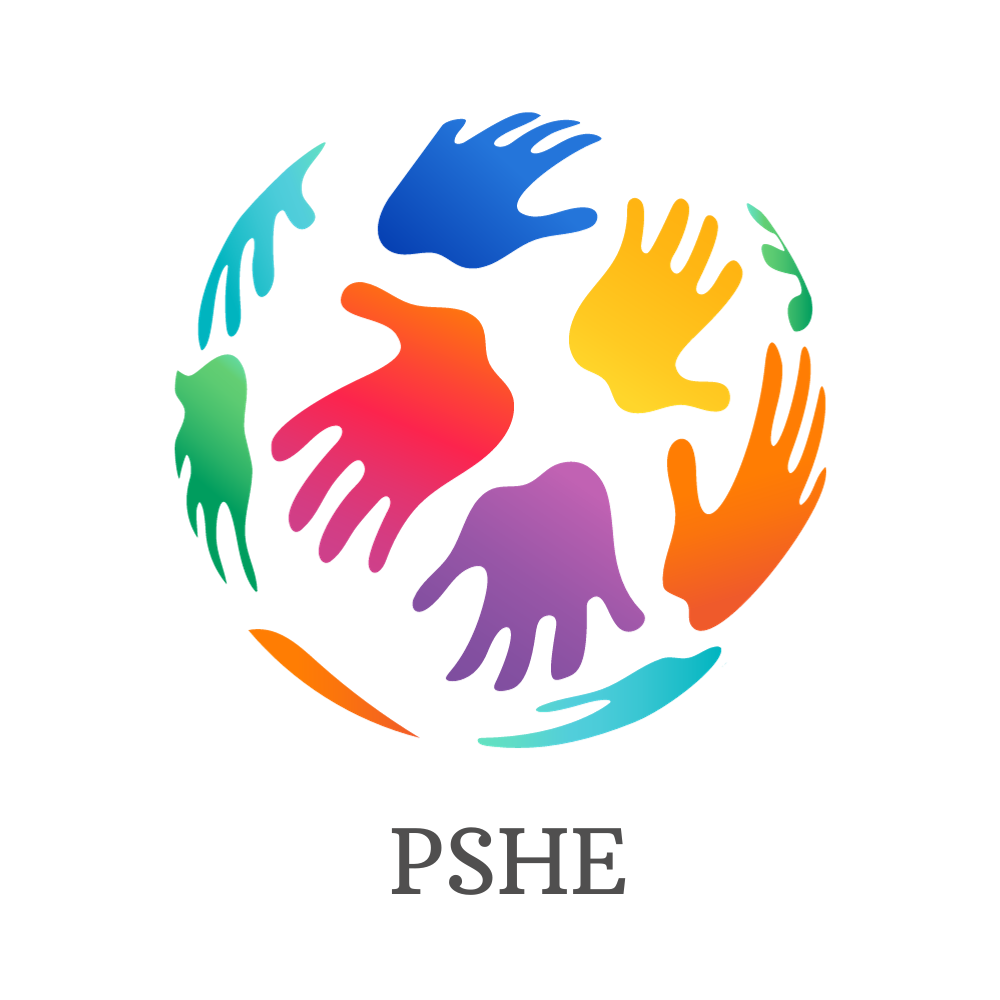 |
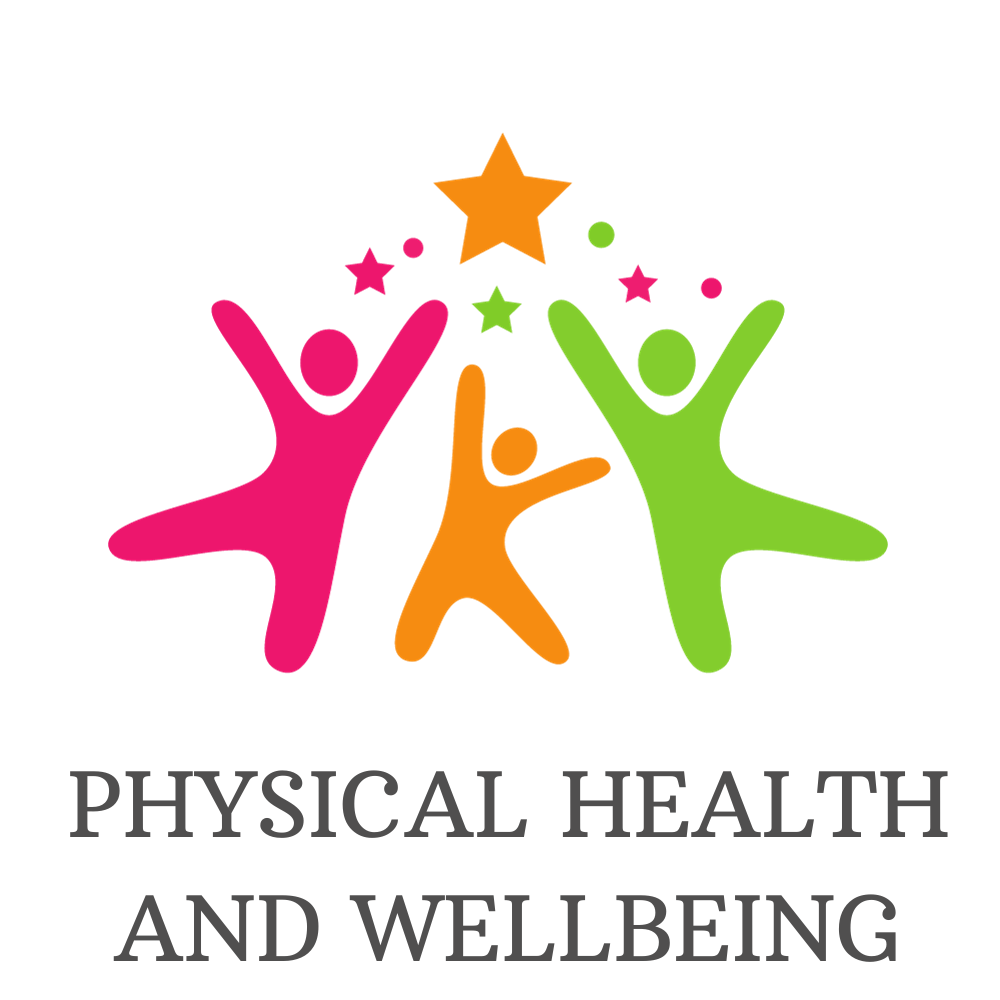 |
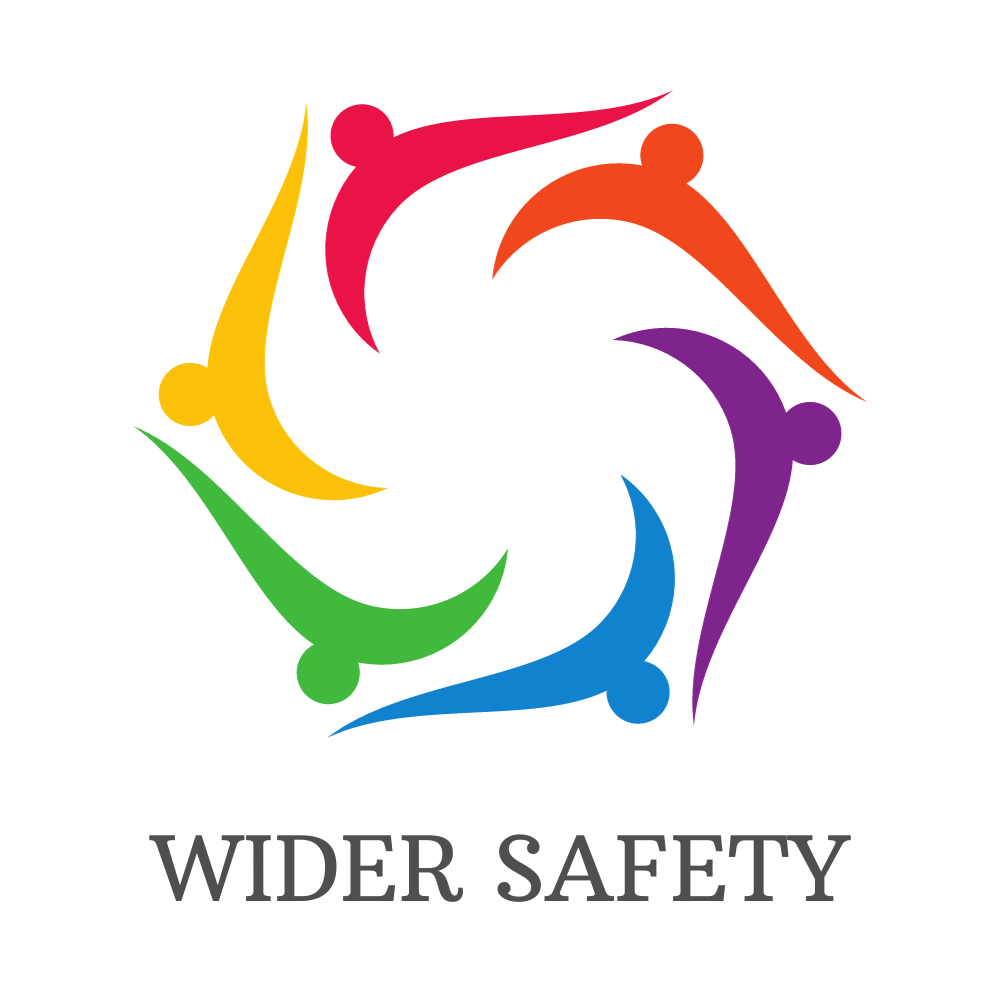 |
|
1. PSHE
Much of our PSED curriculum is delivered through our PSHE (personal, social and health education) lessons. PSHE covers a variety of topics including: Relationships and Sex education, Physical Health, Mental well-being, Wider safety, Economic understanding and the Understanding of technology and media. We use Jigsaw as a whole school approach to deliver PSHE, emotional literacy, social skills and spiritual development. |
2. Physical health and wellbeing Good physical health and mental wellbeing is essential for all pupils. It helps them to learn effectively, cope with day-to-day challenges, and develop into resilient young adults. The aim of teaching pupils about physical health and mental wellbeing is to give them the information that they need to make good decisions about their own health and wellbeing.
|
3. Wider safety One of the key things we do as a school, is protect the children in our care by educating them about personal safety. Teaching pupils simple strategies about keeping safe can help them build confidence, resilience and empower them to be safe in a variety of situations.
|
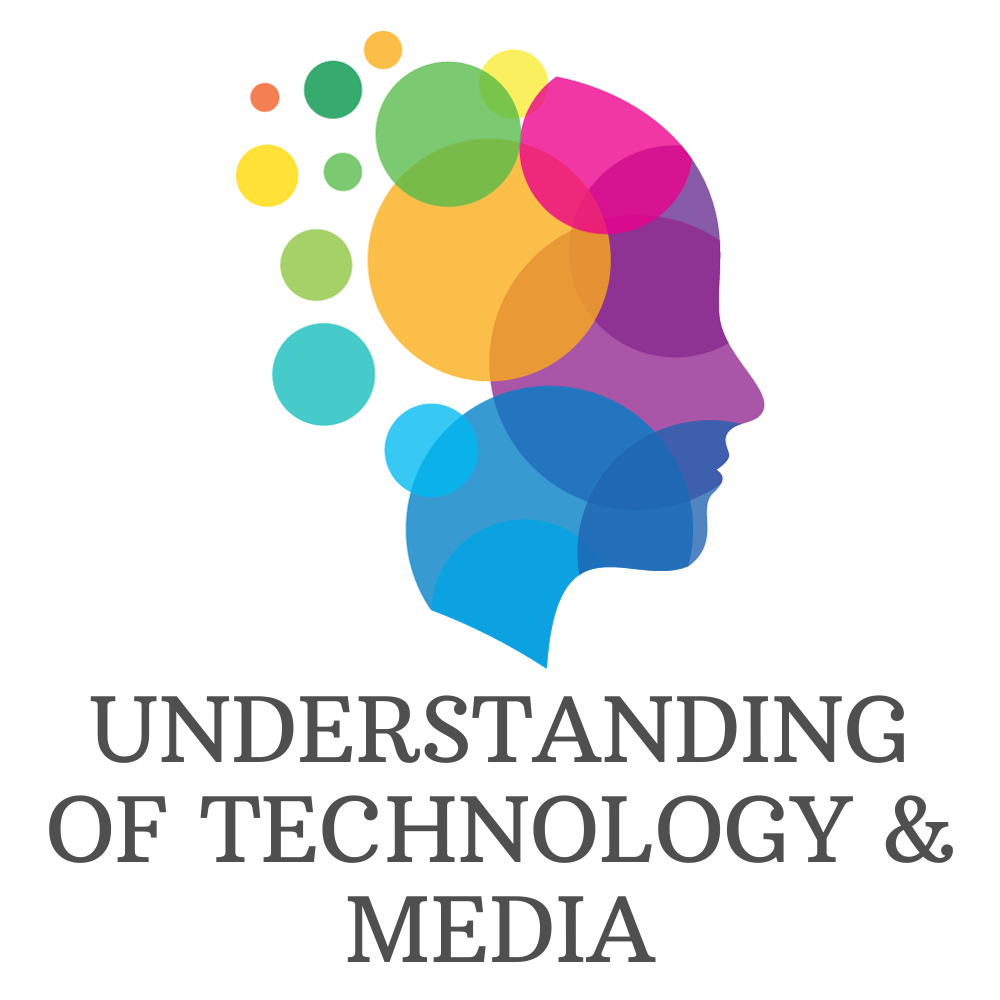 |
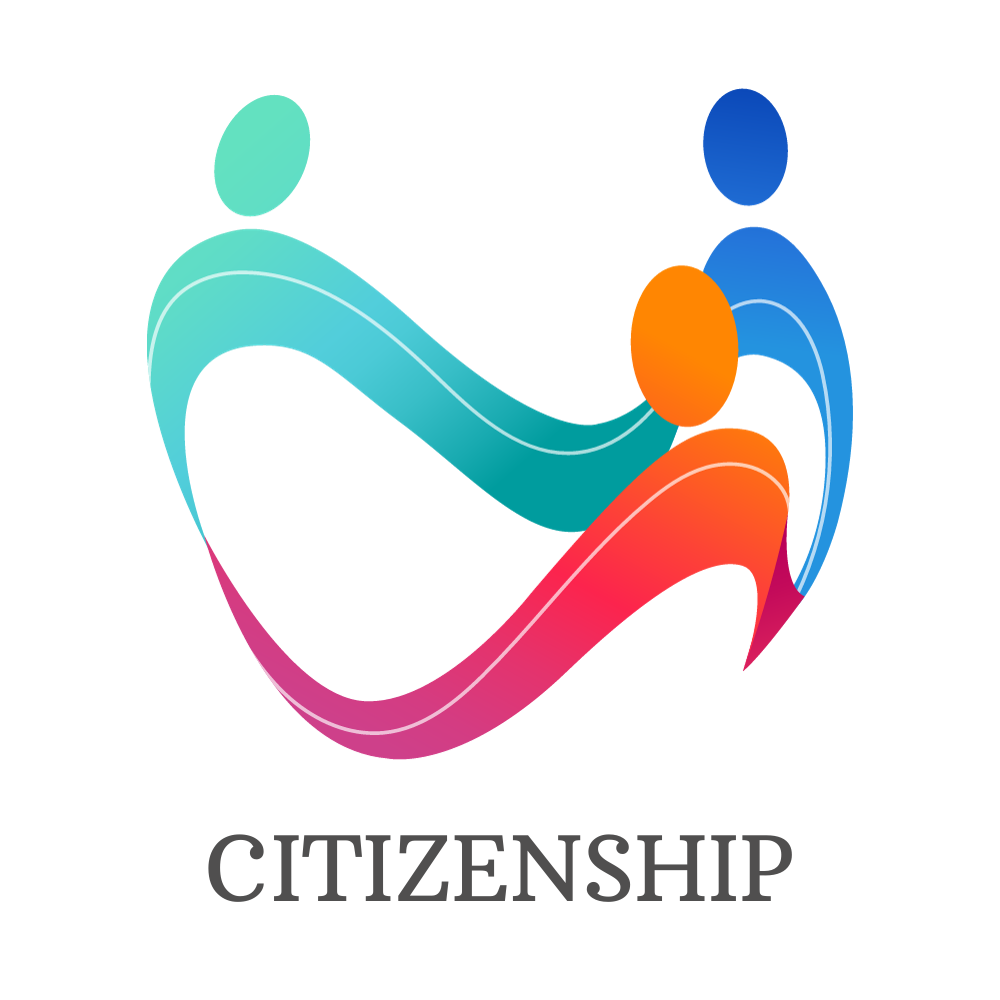 |
|
|
4. Understanding of technology and media At St Mary and All Saints Primary School, we acknowledge the pivotal role that technology currently plays, and will continue to play, in society. Therefore, we want to provide our children with the skills they need to flourish in a digital world. Children are taught Computing either in the ICT suite, or in the classroom using IPads, on a weekly basis. There are also further opportunities to develop computing skills cross-curricularly, for example creating PowerPoint presentations about key learning in History. Our Computing curriculum is aligned with the National Curriculum and supports children in developing a solid understanding of the key computing concepts as well as progressively building on fundamental computing skills. |
5. Citizenship In addition to the topics covered within our clearly defined PSHE programme of study, we endeavour to introduce the children to topical and/or controversial issues, both local and global in an age-appropriate way so that individuals begin to develop a values framework which will inform their judgement and actions. Over recent years through assemblies, Cultural and Diversity weeks or Newsround sessions, children have been able to consider and discuss the global C19 Pandemic, famine in Africa, poverty and injustice, world events and conflicts, concerns about the environment, the Platinum Jubilee, women’s rights and racial equality amongst others. Children are given the freedom to ask questions and discuss their worries and hopes.
|
6. Development of character (confidence and resilience) Character education is important for many reasons. First and foremost, educating a child about character development is essential to improve their emotional wellbeing. It also provides children with the best chance to be a successful adult, by equipping them with the skills to become a happy and productive member of society. Furthermore, character education can help children become more successful academically.
|
 |
 |
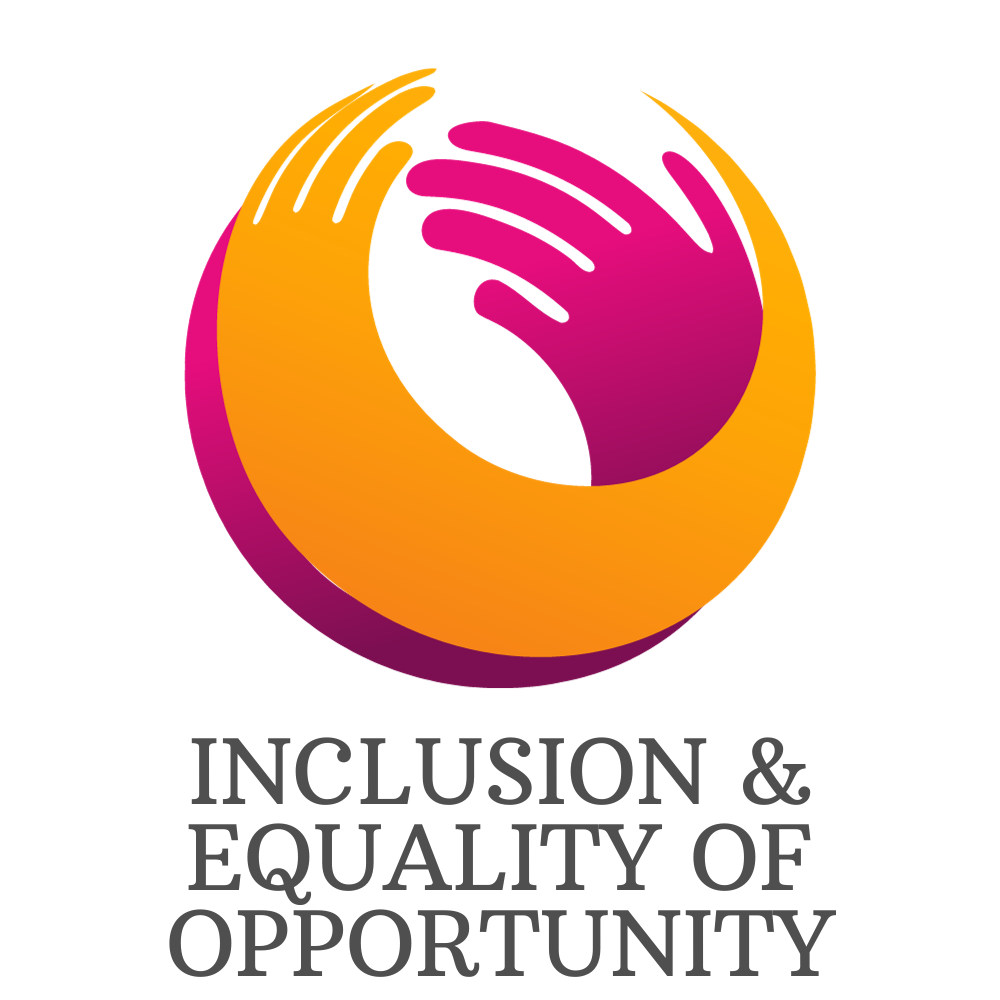 |
|
7. Wider opportunities As a school we offer a variety of extra-curricular clubs both before, during and after school. We feel that is important that all of our pupils are given the opportunity to pursue their interests or try new things. As such, the majority of our clubs are free for all. Children can sign up to clubs including the Morning Mile, knitting, jewellery making, art, coding, film making, photography, board games, gardening, choir, basketball, cricket, football etc. |
8. British values In accordance with The Department for Education we aim to actively promote British values in our school to ensure young people leave St Mary & All Saints prepared for life in modern Britain. Pupils are encouraged to regard people of all faiths, races and cultures with respect and tolerance and understand that while different people may hold different views about what is ‘right’ and ‘wrong’, all people living in England are subject to its law. |
9. Inclusion and equality of opportunity Equality, diversity and inclusion are key values that all schools should be reflecting and celebrating in the curriculum so that each pupil understands that they belong and have a valued place alongside their peers. At St Mary’s we introduce these important values in a variety of ways:
|
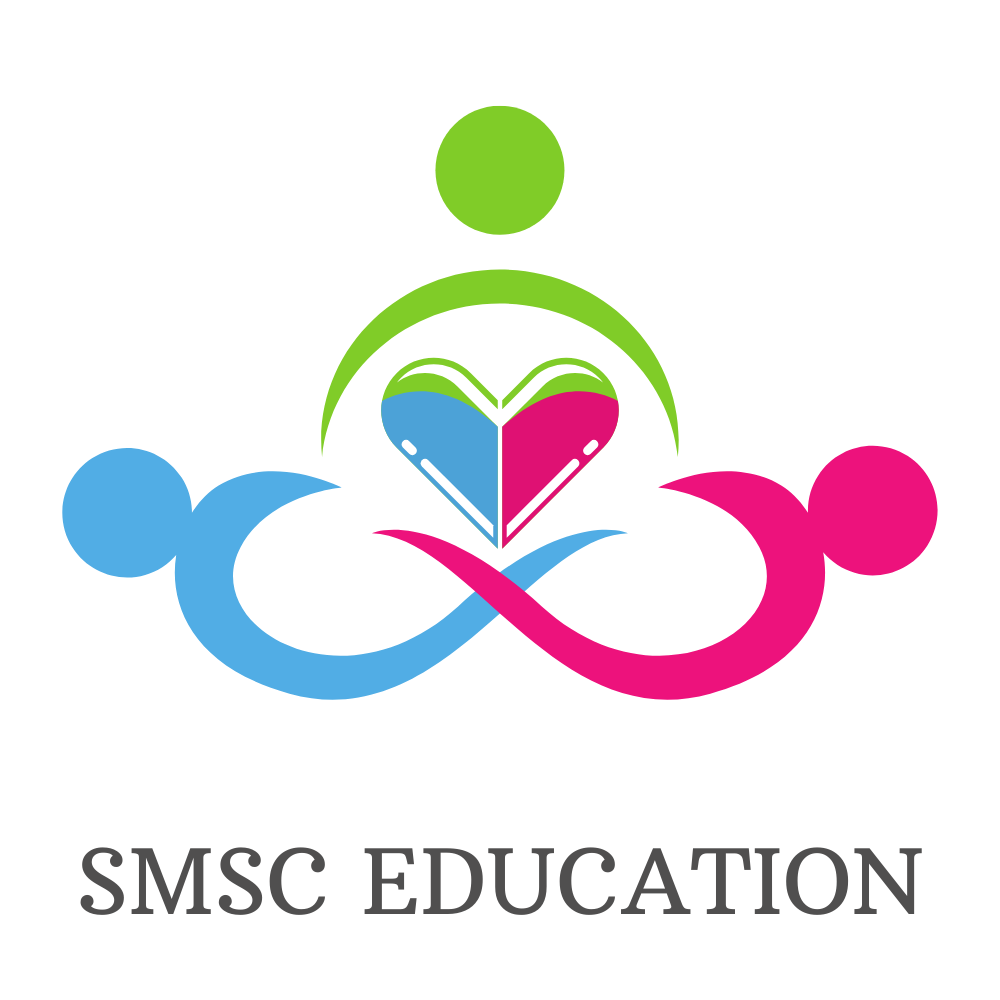 |
|
10. SMSC (Spiritual, Moral, Social, Cultural) education As part of our broad and balanced curriculum, we promote pupils’ spiritual, moral, social and cultural (SMSC) development. SMSC is about helping our pupils develop a range of personal and social skills that will enable them to become well-rounded, responsible, and engaged members of society. It helps raise awareness of the importance of emotional and mental health and promotes confidence and resilience. |

